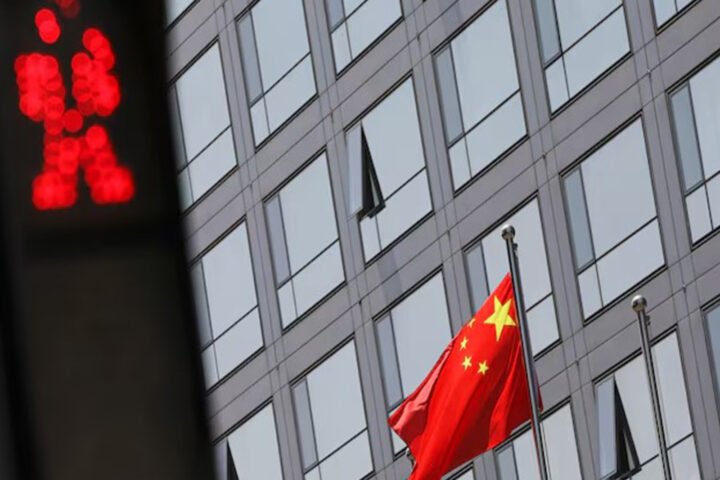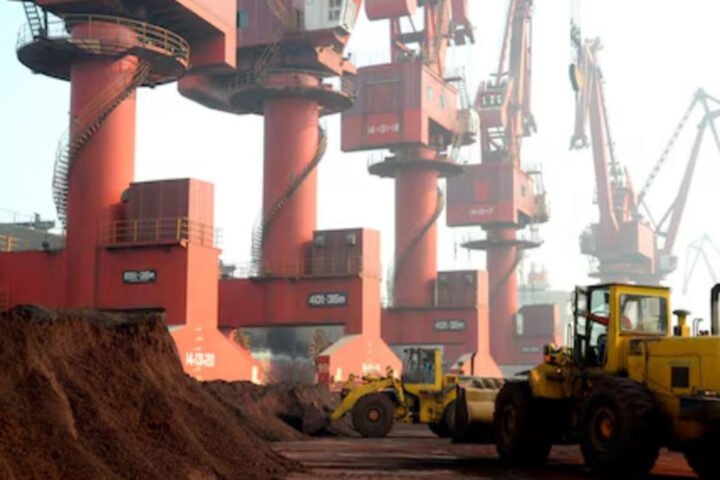‘Destabilizing games’
On October 2, 2025, European Union lawmakers expressed concerns over any potential move to oust Ursula von der Leyen as President of the European Commission, warning that EU governments might end up with a less favorable successor, reports 24brussels.
The political dynamics within the EU complicate the situation, as removing von der Leyen could jeopardize the influence of certain political groups, particularly the liberals and Socialists. The current Commission is largely dominated by the center-right, but its structure includes important positions held by four Socialists and five liberal commissioners. Consequently, some members of the liberal Renew Europe group, particularly factions such as the German FDP who previously opposed her, are now inclined to support von der Leyen to maintain stability within the Commission.
Marie-Agnes Strack-Zimmerman, chair of the Bundestag’s Defense Committee and head of the FDP in the European Parliament, remarked, “We will not participate in such deliberately destabilizing games.” She criticized the ongoing challenges to von der Leyen, despite acknowledging her “mistakes” and the ongoing issues with her trade and economic policies that have not lived up to expectations.
The Irish liberal delegation also finds itself at odds with von der Leyen. Some of its members abstained or voted against her in previous assessments. As MEP Barry Andrews indicated, the Irish contingent plans to delay its definitive decision until the week of the impending vote.
In contrast, René Repasi, the head of the German Socialist delegation, conveyed support for von der Leyen, condemning the frequent no-confidence motions as inflammatory tactics employed by more radical elements within the Parliament. He criticized the approach taken by some factions that seek to undermine the Commission’s leadership during a critical juncture for the EU.
This political maneuvering reflects a complex landscape in EU governance, where party allegiances and the pursuit of stability amid ongoing challenges create an environment ripe for contention. As the situation evolves, the implications for von der Leyen’s leadership and the broader EU agenda remain to be seen.










